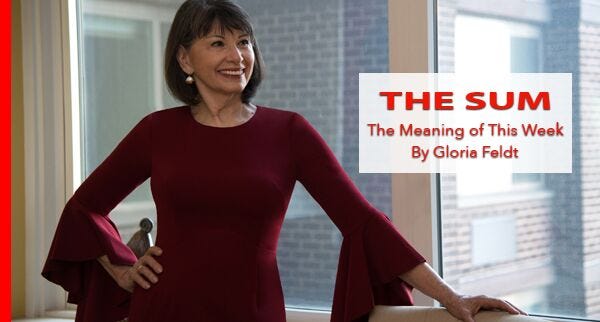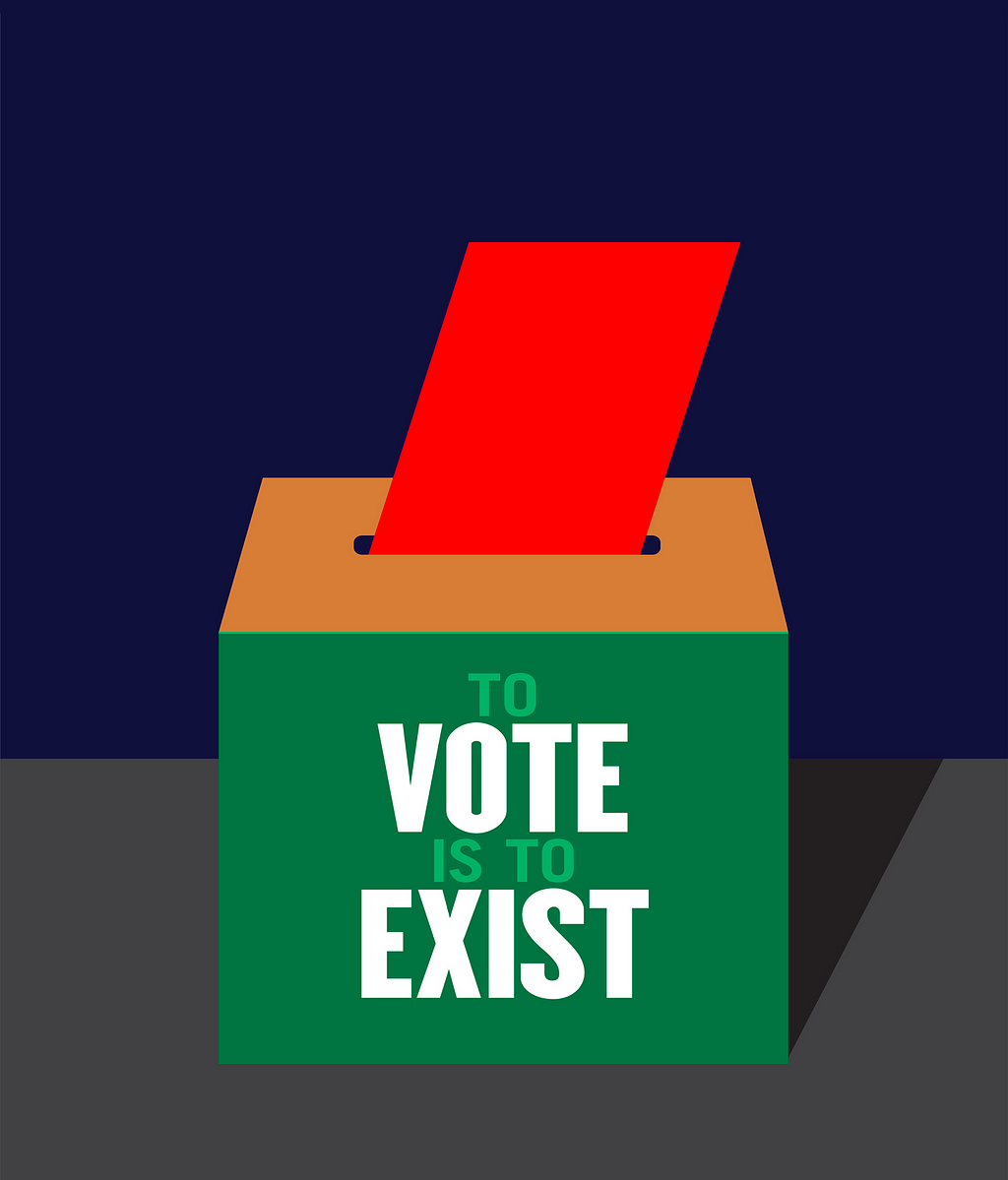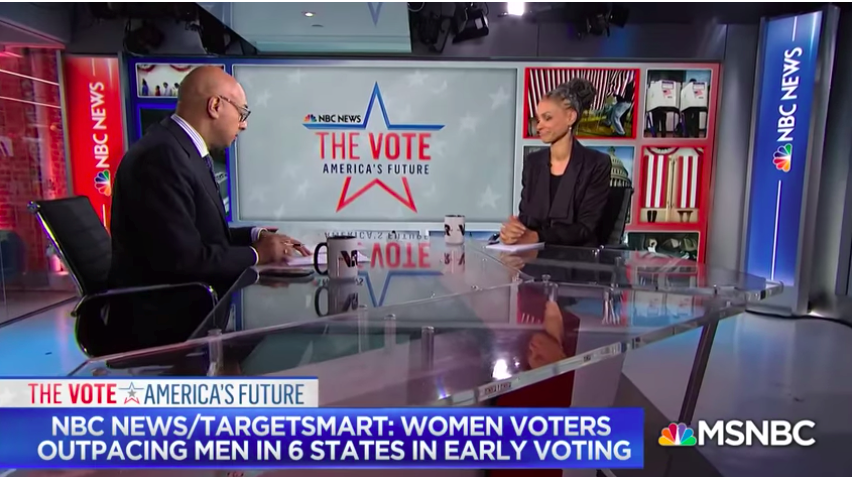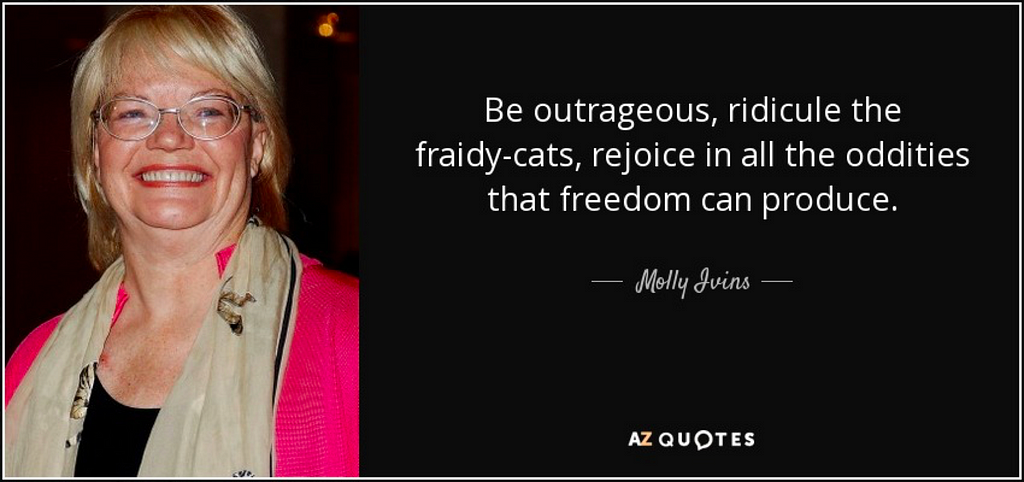Citizenship Is Leadership, and Other Reasons Not Just to Vote but to Engage in Civic Life

Issue 73 — November 4, 2018
This morning, my grandson commented that it made no sense for election day to be on Tuesday.
He’s right. Election day should either be a holiday so almost anyone could get to the polls, or moved to a weekend day when the majority of people aren’t working.
Even though many states have early voting or vote by mail options, there’s something wonderful to me about going to cast my vote in person together with other citizens exercising one of their most important responsibilities and rights. It’s a community that crosses party lines and philosophies. A realization of shared values about the importance of exercising the franchise.
Yes, I know, I am a sappy patriot. I’m writing my column this week to remind you why your vote is your voice and your voice is a critically important strain in the beautiful, and sometimes messy, cacophony of democracy.

But it has to do with leadership too, my usual beat, and in a year when more women than ever are running for office, it fits right in with Take The Lead’s mission of leadership gender parity by 2025 across all sectors.
Voting is the one place in our society where everyone can have an equal say, an equal leadership role as it were.
But that’s true only if they vote — every time. Perhaps I should make voting Power Tool #10.
I dearly hope that every US citizen reading this is not only registered to vote but is also either planning to vote on November 6 or has already cast her or his vote.
Here’s a website where you can find out exactly where your polling place will be on November 6.
There are No Excuses, if I may coin a phrase.
And after the voting is over, please continue to exercise the opportunity to use your voice in the public square. That’s citizenship.
In keeping with my view of leadership that a leader is someone who gets things done, and that we are all able to exercise leadership from whatever chair we sit in, regardless of the organization or situation, I’m a true believer in the rights and responsibilities of being a citizen.
While voting is the most concrete act of citizen leadership, the fact is every next election starts the day after the last one. The people who have the most influence — are most likely to be able to get things done, in other words to be leaders — stay in the game between elections.
They use the power of their voices by being thought leaders. They write letters to editors. They call or write their elected officials to hold them accountable on issues. They aren’t afraid to speak up against bigotry when they hear someone deriding another person for her religion or his country of origin or the color of someone’s skin. They register their neighbors to vote. They canvass their district on behalf of candidates. Perhaps they run for office, perhaps not, but they do learn how their political parties, whichever they choose, operate and they get involved at the grassroots level.
As the late journalist Molly Ivins said with her Texas twang, “We are the people who run this country. We are the deciders.”
Yet we’re only the deciders if we see ourselves not just as people who cast a vote every two or four years but as citizens and leaders with a tremendous stake in the political process
Citizenship, according to Wikipediais “the status of a person recognized under the custom or law as being a legal member of a sovereign state or belonging to a nation.”
I’d say that belonging is, like voting, merely the starting place. It’s a daily practice, like brushing your teeth. And like brushing your teeth, the cumulative effect over time contributes to your personal health and wellbeing.
It’s notable that 54% of those who have cast their votes so far this year are women. That illustrates how influential women can be if and when we work together to mass our votes where they can have the greatest influence on the issues we care about.
I could go on about the virtues of voting as a key part of citizen leadership. As someone whose grandparents came to America and cherished their right to vote so much that they instilled in me the belief that one should never miss the opportunity to vote, I feel in my bones the responsibility to use the power of my voice, my vote, and my values. And as a student of women’s history, I am compelled by the knowledge that suffragists risked their very lives so that we could have the right to vote.

Why You Vote: The Women Who Pushed For Voter Rights | Velshi & Ruhle | MSNBC
But I’ll give Molly the last word:
“So keep fightin’ for freedom and justice, beloveds, but don’t you forget to have fun doin’ it. Lord, let your laughter ring forth. Be outrageous, ridicule the fraidy-cats, rejoice in all the oddities that freedom can produce. And when you get through kickin’ ass and celebratin’ the sheer joy of a good fight, be sure to tell those who come after how much fun it was.”

And now if you haven’t already, please go vote on Tuesday, November 6.
P.S. After you vote, consider upticking your leadership skills even more by joining me for one of Take The Lead’s signature 50 Women Can Change the World programs. Upcoming sector programs include Nonprofits starting November 15–16 in Phoenix AZ and Finance starting January 11–12 in New York City.
GLORIA FELDTis the New York Times bestselling author of several books including No Excuses: 9 Ways Women Can Change How We Think About Power, a sought-after speaker and frequent contributor to major news outlets, and the Co-Founder and President of Take The Lead. People has called her “the voice of experience,” and among the many honors she has been given, Vanity Fair called her one of America’s “Top 200 Women Legends, Leaders, and Trailblazers,” and Glamour chose her as a “Woman of the Year.” As co-founder and president of Take The Lead, a leading women’s leadership nonprofit, her mission is to achieve gender parity by 2025 through innovative training programs, workshops, a groundbreaking 50 Women Can Change The World immersive, online courses, a free weekly newsletter, and events including a monthly Virtual Happy Hour program and a Take The Lead Day symposium that reached over 400,000 women globally in 2017.
